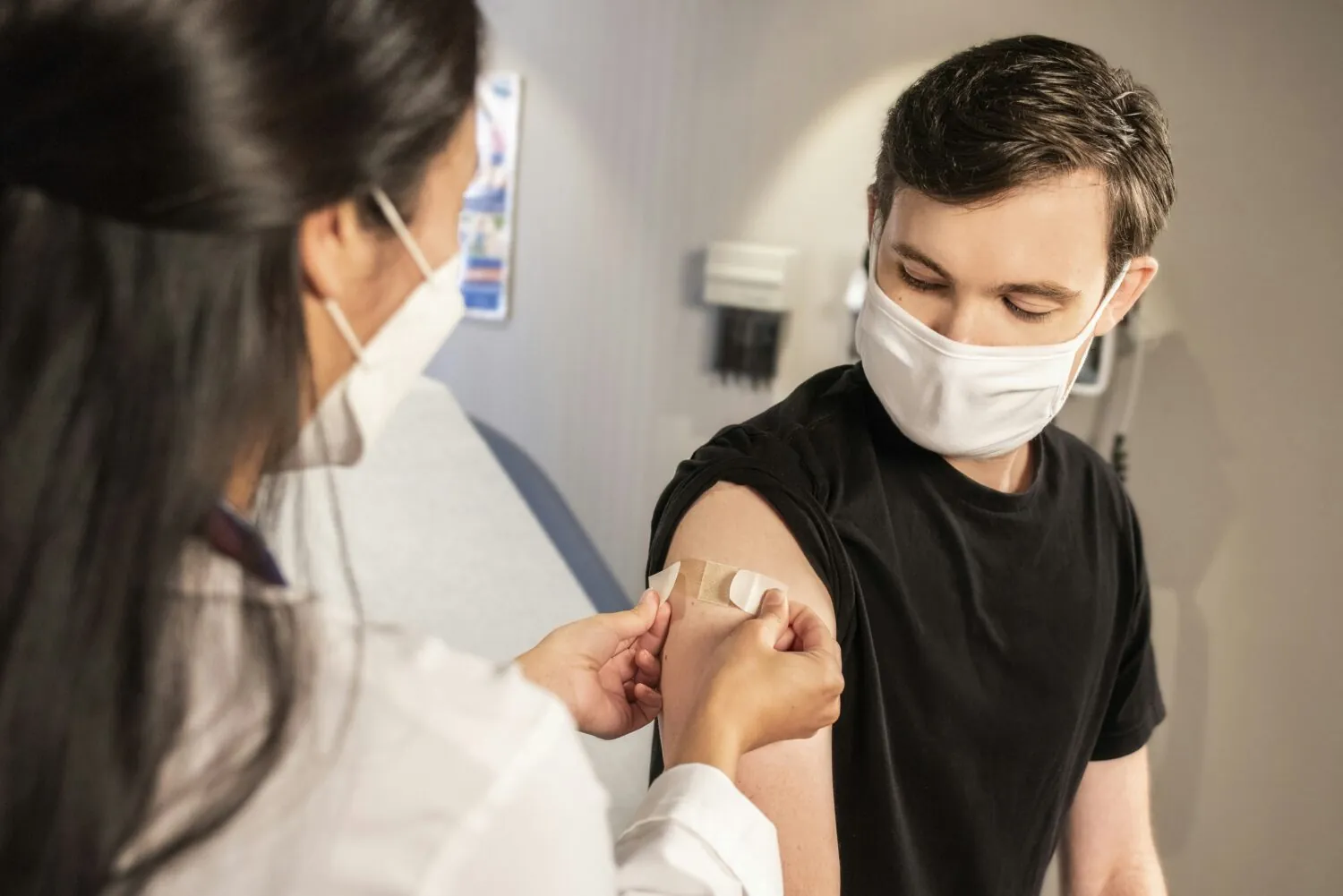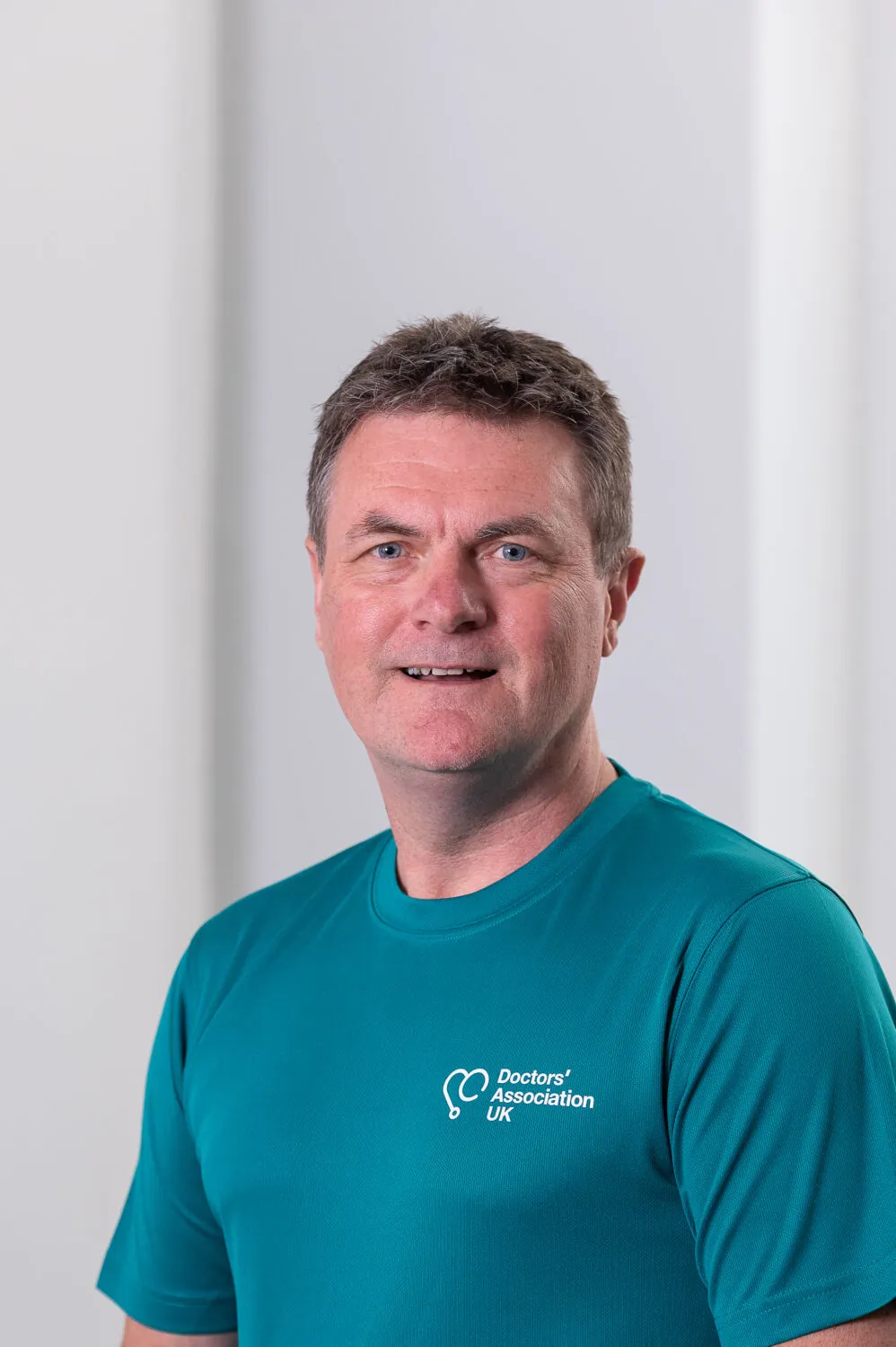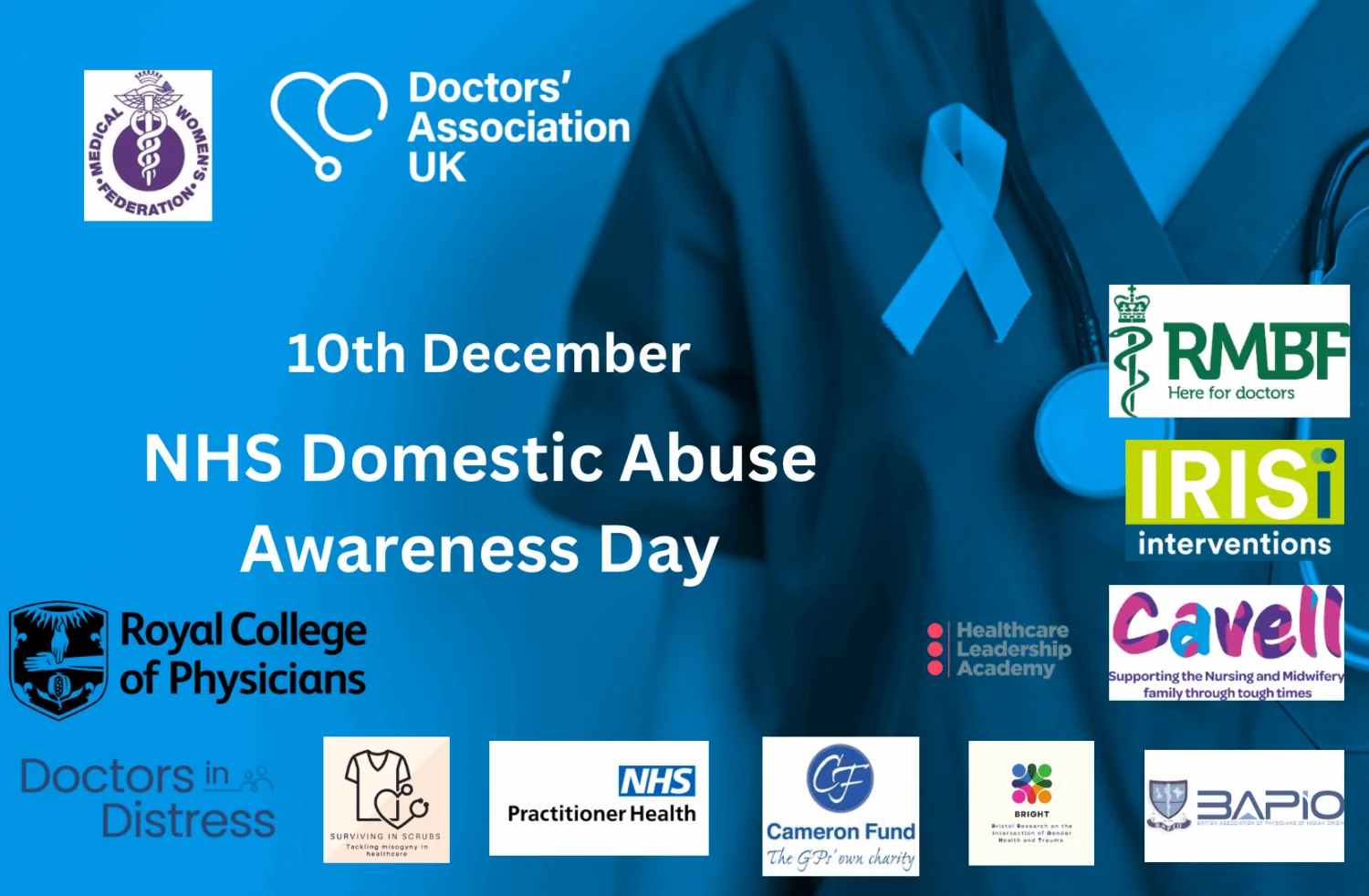
For months the Government has been boasting of its close relationship with Oxford and AstraZeneca, and how, when the time came, this would ensure a smooth vaccine roll-out.
Yet this week, asked why our current stocks are so unexpectedly low, Government sources were advising journalists they should ‘ask AstraZeneca’. There had been rumours of problems with glass phials, which were denied. There were some limited admissions from sources close to the company about batch control.
Compare us with India, where the Oxford jab is being made under licence. There are already at least 50million doses stockpiled at a giant factory in Pune, ready to go. Britain has less than 1 per cent of that to roll-out on Monday.
Last night one senior medical source, a viral vaccines expert who has been advising the Government, suggested the reason is the ‘messy data’ from Oxford’s clinical trials.
These suggested that giving an initial half-dose, followed by a full one four weeks later, was more effective than two full doses – a finding that emerged when trial participants were given the low dose by mistake.
‘They didn’t go all-out to get in supplies for the start of the year because getting approval was taking longer than it did for Pfizer,’ the source said.
Another reason for the delay is that the Oxford vaccine needs to spend 20 days in sterilisation before it can be used, while each new batch has to be checked by regulators.
But Professor Adam Finn of Bristol University, a member of the Government’s official Joint Committee on Vaccines and Immunisation (JCVI), insisted the picture was less gloomy than it might seem.
There was, he said, ‘an overwhelming argument’ in favour of widening the dosage gap to protect more people sooner, even though this was a result of shortages.
He added: ‘The UK is actually doing alright compared to other places. There are difficulties in rolling the vaccines out – but something as complicated as this has never been done before.
‘I’m personally impressed we’ve already managed to vaccinate 900,000 people – and now the use of the Oxford vaccine is going to make it much easier to target the elderly.’
Some experts believe that lengthening the gap between first and second dose from three to 12 weeks may actually improve protection, at least in the case of the Oxford vaccine.
But Pfizer has signalled it is unhappy its vaccine will be used in Britain in a way never envisaged when it passed its clinical trials.
Professor Whitty explained the controversial change in his letter to doctors: ‘For every 1,000 people boosted with a second dose of Covid-19 vaccine in January, 1,000 people can’t have substantial initial protection, which is in most cases likely to raise them from 0 per cent protected to at least 70 per cent protected.’
He continued: ‘These unvaccinated people are far more likely to end up severely ill, hospitalised and in some cases dying without the vaccine.’ In other words, in a cost-benefit analysis, opting for the new approach means more people are protected.
Professor Finn said with the Pfizer vaccine, people who got their first jab would soon have 91 per cent protection. That figure would rise only marginally to 95 per cent after their second.
‘Vaccines going into more arms will save more lives’, he said.
According to the official committee on which he sits, data shows that the American Moderna vaccine – approved for use in the US, but not yet in Britain – is very similar to the Pfizer jab. It seems to grant protection from a single dose for at least 15 weeks – and it is this that the JCVI have used in coming to the decision about the Pfizer jab.
Yet Deenan Pillay, professor of virology at University College London, and a leading member of the UK Virologists’ Network, said there was a ‘theoretical possibility’ that delays in giving a second dose might encourage new mutations. He said: ‘Of course, I see there the argument that if you maximise the numbers who get an initial dose, that will be beneficial. But there is a theoretical risk.’
Professor Finn dismissed this. ‘This kind of speculation is not helpful. But we need to be astute about the mutations that do occur and whether they mean we need to alter the vaccine.’
The British Medical Association says it believes that ‘existing commitments’ to give a second jab to patients who have already had their first ‘should be respected, and if GPs decide to honour these booked appointments in January, the BMA will support them’.
Richard Vautrey, head of the BMA’s GP committee, said not meeting this would be ‘grossly unfair to tens of thousands of our most at risk patients.’
Vinesh Patel, of the Doctors’ Association UK, urged the Government to think again: ‘A patient can’t consent for a treatment then have it changed without their permission, especially when the evidence for change is lacking.’
The full article can be accessed here: https://www.dailymail.co.uk/news/article-9105249/Vaccine-freedom-fiasco-making-asks-DAVID-ROSE.html





